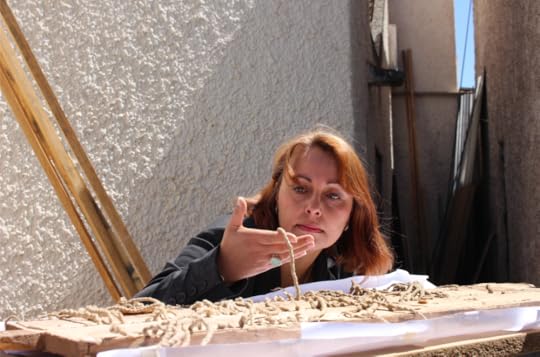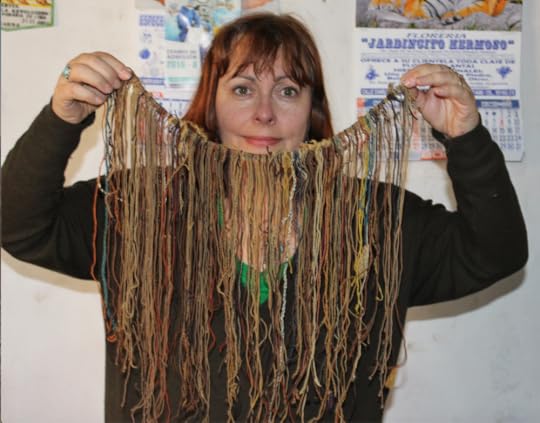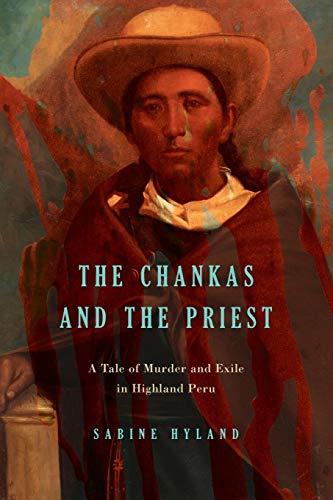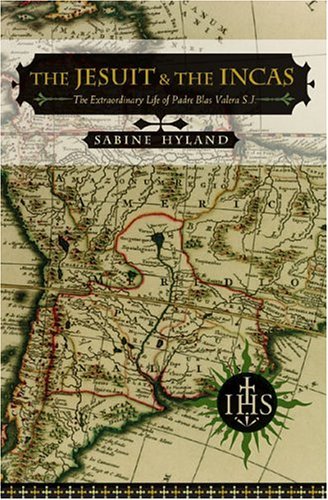Sacred Strings

The elders of San Juan de Collata, a village tucked high in the mountains of Peru, invited Sabine Hyland to do her research after a definitive sign had been granted: a rare Vicuña (like a llama) appeared on the hillside. This signalled to them that she had been approved, perhaps even chosen, to study some of the most sacred objects in their village: Khipus.
Khipus are a kind of tool, a series of colour coded knots, Incans used to keep track of inventories. Some researchers believed the knots contained more secrets than how many beans a barn held in the 16th century; some thought the knots told stories, embodied letters, held secret meaning woven in an ancient system that the Colonialists could not read. But no one could figure out how to break the code.
That is until Sabine.
Kept in a box under the church since Colonial times, the elders allowed Sabine to examine their khipus, which led to her discovery of the beginnings of the a phonetic code woven into the khipus. A letter, it seems, long forgotten but suddenly two lines brought to life again. It’s hard to express how exciting and important this is. Science Daily describes it at as decoding “New Rosetta Stone.”

In this week’s episode I got to talk with Sabine about this, and many other adventures.
Sabine is an anthropologist. The dictionary defines Anthropology as “the study of human societies and cultures and their development” but Sabine puts it more poetically; “Anthropology is about trying to understand the full breadth of the human experience.” When she was a little girl, she traveled to Peru with her family and was amazed by how differently the people their experienced the world. She was driven by the belief that in every culture, we see a glimpse of God. When we talked last week, she recalled that breathtaking passage in Romans One:
“For since the creation of the world God’s invisible qualities—his eternal power and divine nature—have been clearly seen, being understood from what has been made, so that people are without excuse.”
Every culture perceives and responds to God, and our view of the world can become impoverished when we only see it through the window of our own culture. By exploring someone else’s culture we become aware of our own blindspots. We begin to wonder, and even believe, that the world might be a richer, more complicated, marvellous, and divine place that we’d let ourselves believe.
It was such a delight to sit down with Sabine and talk about khipus, culture, contentedness, and how our world is interwoven with meaning. And it was so fun to hear her stories of adventure— miraculous signs, horse riding up rock faces, touching strings that embody time itself! And I also so appreciate her thoughts on the rushed and inattentive nature of modern life, and her meditations on how if we slowed down, we might realise life is worth more than money, and that God speaks in quietness.
Listen in. I know you’ll love it.
If you’re interested in learning more about Khipus, you can look at an interactive online museum project on them in Mangas. Sabine writes, “The first Khipu that I studied in the field, the one that Nat Geo made the documentary about, is the hybrid Khipu/alphabetic text from the village of Mangas… the communityput it on display and the museum did a fantastic job.” Click below to find out more!
Chip online exhibit

Today’s Guest— Sabine Hyland
For over ten years, Sabine Hyland has collaborated with elders in remote Andean villages to discover new insights into how native Peruvians communicated through 3D coloured cords known as "khipus". Her research has uncovered isolated communities where khipus -- once thought to have been wiped out during the European invasion in the 1500s -- were used within living memory. The Inkas kept their accounts, histories, and sacred knowledge on khipus; if we could decipher these knotted cords, we could gain an insider's view into their extraordinary empire. Hyland's work has demonstrated, among other things, that khipus signified meaning partially through the tactile feel of different animal fibres and the twist of knots and thread, suggesting an indigenous epistemology in which the sense of touch plays as vital a role as sight.
Scientific American, National Geographic, the BBC, the Times, the Discover Channel (TV) and other media outlets have covered Hyland's work. An anthropologist at the University of St Andrews in Scotland, she began her research career when she was an undergraduate at Cornell University, where she read Anthropology and studied the Andean language, Quechua. She earned her PhD from Yale University, supervised by Richard Burger and Mike Coe. Since then, the NEH, the NSF, the Andrew W Mellon Foundation, the National Geographic Society and the Leverhulme Trust have supported her varied projects, resulting in four books and numerous articles. Her most recent book, The Chankas and the Priest: A Tale of Murder and Exile in Highland Peru (2016) has been hailed as "a mesmerising microhistory" (Hispanic American Historical Review 2018) "revealing a world rich in complexity, human dilemmas, and transformations" (American Historical Review 2017). In 2015 the National Geographic Society selected her as a "National Geographic Explorer" in recognition of her contributions to South American anthropology.

The Chankas and the Priest: A Tale of Murder and Exile in Highland Peru
By Hyland, Sabine
Buy on Amazon

The Jesuit and the Incas: The Extraordinary Life of Padre Blas Valera, S.J. (History, Languages, and Cultures of the Spanish and Portuguese Worlds)
By Hyland, Sabine
Buy on Amazon

Gods of the Andes: An Early Jesuit Account of Inca Religion and Andean Christianity (Latin American Originals)
By Hyland, Sabine
Buy on Amazon
Joy Marie Clarkson's Blog
- Joy Marie Clarkson's profile
- 227 followers



